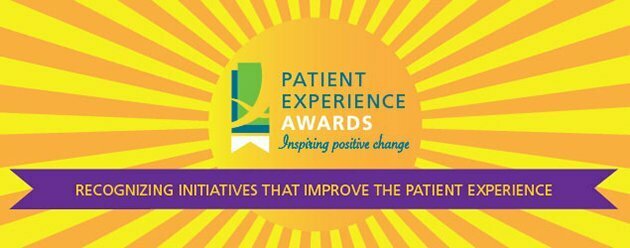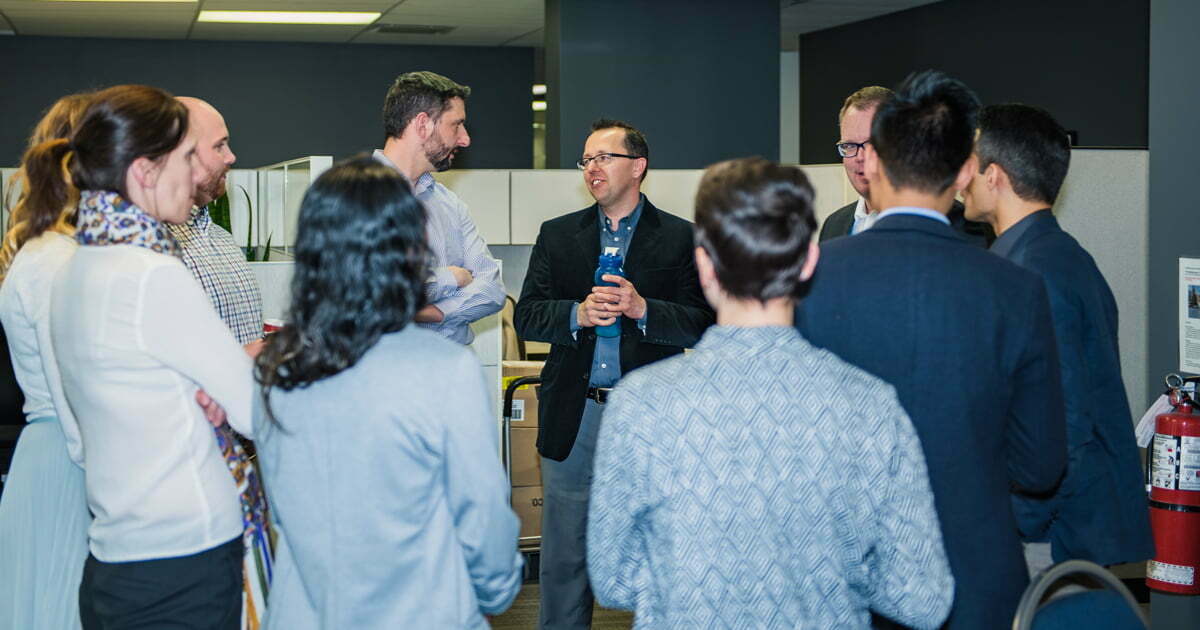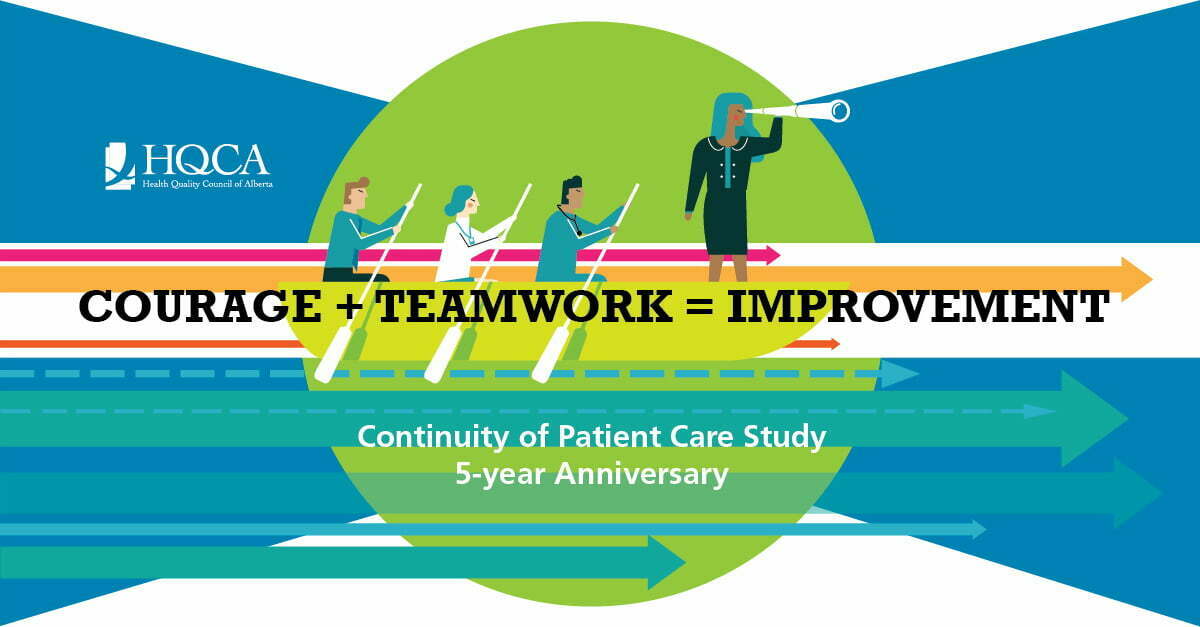The Health Quality Council of Alberta (HQCA) has recognized four initiatives in the province that are making a positive impact on Albertans’ experiences receiving healthcare services.
“We often only hear news about Alberta’s healthcare system when something has gone wrong. The HQCA’s Patient Experience Awards program counters that by celebrating some of the truly fantastic work going on in the province which is positively impacting patient and family member experiences with healthcare. I greatly appreciate that the HQCA values the positive work, which shares these learnings with other teams and organizations so we can all continue to improve,” states D’Arcy Duquette, Chair of the HQCA Patient and Family Advisory Committee.

The Patient Experience Awards were established by the HQCA and its Patient and Family Advisory Committee to celebrate initiatives that have been implemented with a focus on improving the patient’s overall experience in accessing and receiving healthcare services.
This year’s recipients are:
- Through the NowICU project, the Neonatal Intensive Care Unit(NICU) at the Misericordia Hospital uses customized, secured iPads to help bond parents with their baby, when the baby and parent are too sick to move.
- Pathologists and surgeons at the Head and Neck Surgery (HNS) clinic at the University of Alberta Hospital collaborate to deliver a better biopsy experience for patients and their family members by having specially trained pathologists collect and interpret biopsy material, engaging patients and family members in the procedure, and providing timely diagnosis (48 to 72 hours).
- The Edmonton Prostate Interdisciplinary Cancer Clinic (EPICC) provides a collaborative, multidisciplinary model of care for patients with advanced prostate cancer, who are no longer responding to standard care treatments, which includes providing patients with direct accessibility to their care team through a nurse coordinator.
- The Transitional Pain Service team at Alberta Health Services’ (AHS) South Health Campus takes a multimodal approach to pain management and implements a standard system of communicating with primary healthcare providers that ensures safer and more transparent transitions in care for patients between the hospital and their home and community.
“Communication and teamwork, where the patient and family are clearly considered part of the healthcare team, are two very important elements of these initiatives’ demonstrated success,” comments Andrew Neuner, CEO of the Health Quality Council of Alberta. “Healthcare quality is grounded in what a patient experiences when accessing and receiving healthcare services. I would like to commend this year’s award recipients and all those who listen to and act on the feedback about those experiences. These teams are working hard on a daily basis to ensure the patient is at the centre of both our care and improvement conversations.”
Videos will be produced to profile the Award recipients. These will be shared on the HQCA website in fall 2019 here:
https://hqca-main-branding-nexcess.dev.developmentwebsite.ca/awards
The Health Quality Council of Alberta is a provincial agency that pursues opportunities to improve patient safety and health service quality for Albertans. The HQCA’s legislative mandate is to measure, monitor, assess health service quality, and identify effective practices and make recommendations for the improvement of patient safety and health service quality.
-30-
For more information, please contact:
Lisa Brake,
Communications Director Health Quality Council of Alberta (HQCA)
Office: 403.297.4091
Cell: 403.875.0359
Email: lisa.brake@hqca-main-branding-nexcess.dev.developmentwebsite.ca



